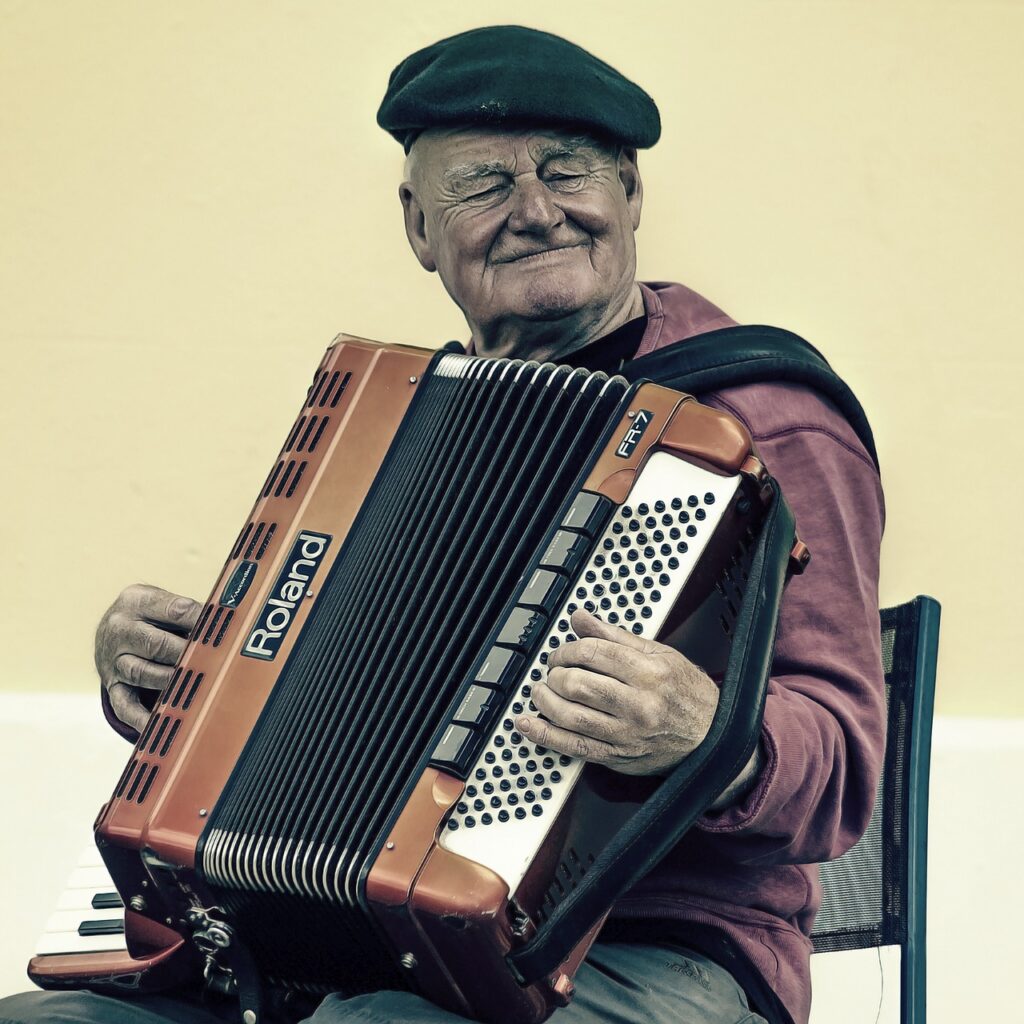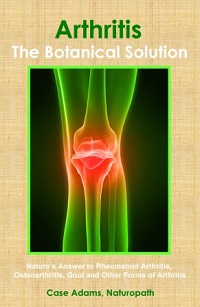Effects of Music on Agitation in Dementia

There has been significant research on the ability of music to improve symptoms of dementia.
In these studies, it has been shown that there are positive effects of music to this condition. In one study, older people who listened to music for less than an hour have shown improvement in their mood.
Music is indeed a very powerful element that can be used as therapy.
In this article
Music and Dementia
There is a positive connection between dementia and music. There are different ways on how playing an instrument or even taking music lessons can be encouraging for older people.
Music can help motivate them and it can also give them the feeling of satisfaction. Whenever you listen to music, there is a certain feeling or memory that is triggered.
This is why during this period where frustration can easily make people sad, music is a great antidote. Dementia is a condition that can steal away good memories and even the ability to be in a great mood. With this, a person needs to consider great therapy such as music.
Benefits of Music for Persons with Alzheimer’s Disease
Here are some of the different ways on how music can be beneficial to people with Alzheimer or dementia:
- Music Helps People with Dementia Express Feelings and Ideas
As dementia weakens the functioning of the mind, people may experience a change on how they process ideas. With this, people who are experiencing dementia can listen to music or play an instrument.
This can help them express how they feel as they put themselves into the stream of music. Listening to instrumental music can also help the brain be creative.
- Help the Person Connect with Others Around Them
If there is one thing that music can do, it is to connect people. Music has always been a perfect element in uniting people. For people who are experiencing dementia, listening and dancing to music can help uplift their mood.
Look for music that they will be able to enjoy as a group and allow them to sing and be themselves. It has always been great to enjoy music in the company of others.
- Relieve Stress
There is a great connection between music and stress relief. People who have dementia may also experience stress brought by different changes. Listening to calming music can help ease the negative feelings that they have.
People, no matter what age, may experience stress on a daily basis. It is something that we cannot stop. What we can do is to deal with it. One best way to do it is to listen to music or play an instrument.
- Reduce Anxiety and Depression
Depression is inevitable when people reach their senior age. There are a lot of changes and things are becoming unfamiliar. This then leads to anxiety and feeling of being left out. To be able to deal with it, music therapy can play a great role.
There are specific types of music that can help combat depression. There are those that are upbeat and those that comes with happy notes. These are the ones that can help people who are experiencing dementia.
- Reduce Agitation
One of the effects of dementia is the loss of language skills. This may lead to the feeling of isolation and agitation. This is also where music therapy can be helpful. As it is one way to express verbally and non-verbally, using music can help people with dementia interact. It can also help them relax and reduce the feeling of being anxious.
- Improve Overall Physical and Mental Wellbeing
Music lessons are not only for kids. It can be perfect for older people who are experiencing dementia. This can help in the improvement of their overall physical and mental wellbeing.
When people play musical instruments, they develop confidence. This will then be translated to their mental wellbeing and it can make them feel better.
- Reduce Social Isolation
Dementia may lead to social isolation as people’s mental abilities deteriorate. With programs that are related to music, you can provide older people with an avenue to communicate.
Through music, they can express what they feel. With musical instruments, they can convey messages to the people around them. Music has different ways on how to encourage people to socialize.
Tips for Using Music
There are different ways on how you can make use of music. Firstly, determine the type of music that people want. Whenever people listen to the music they like, they begin to feel better.
Another way is to introduce music as a hobby. This is where music lessons can be utilized. They can always spend a part of their day learning something new. And finally, music can be used as a backdrop for another therapy that they can enjoy.
Other research has found that music boosts cognition.
Bottom line
In conclusion, music is indeed beneficial for people with dementia. Be it for relaxation or for therapy, it is very helpful. Music is created for people to enjoy no matter what age or stage in life they are in now. It is therapeutic and it can change lives.

















